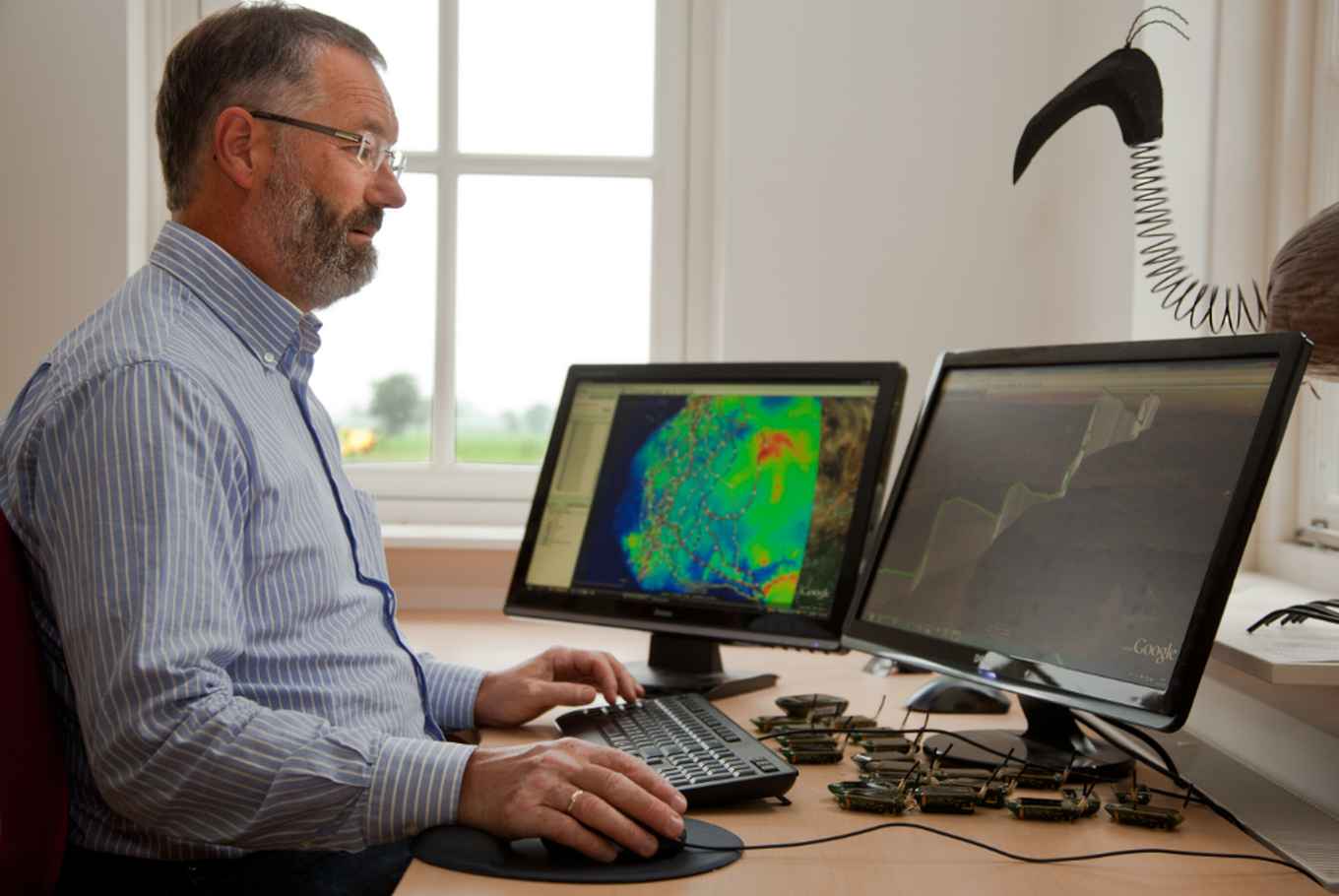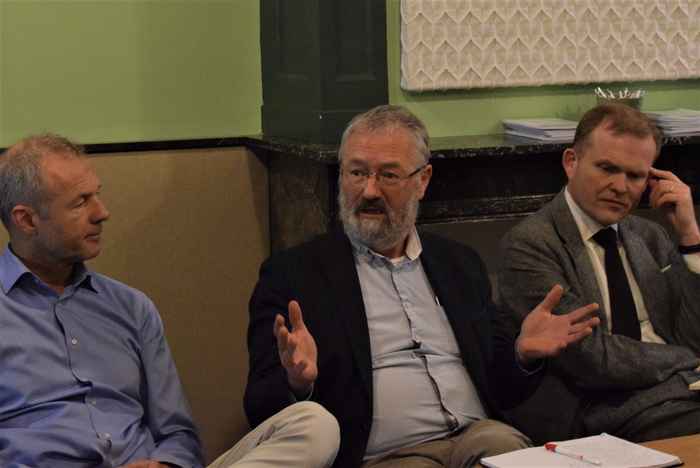"Sustainability challenges ask for an integrated approach"
20 February 2020

Humans have always interacted with their biophysical environment, either deliberately (agriculture or water management) or unintentionally (climate change or biodiversity loss). However, the increase of the world population and the industrial revolution have led to a human-dominated planet. In the Anthropocene almost half of the land surface has been changed by humans, the CO2 concentration in the atmosphere has increased with 30%, and artificial toxins are found at the most remote places in the world. The role of feedbacks in so-called coupled human-natural systems is increasing as human impacts are becoming larger than the natural resilience, and impacts are no longer local but global. Increasing the understanding of coupled human-natural systems at local and global scales, their feedbacks, thresholds, and nonlinearities, is of utmost importance to cope with the grand challenges mankind is facing. Interventions are required to swap threatening developments into directions of a sustainable future. In order to come up with responsible and effective interventions, we need to take an interdisciplinary ‘holistic’ approach.
Having been active in the environmental sciences for the largest part of his research career, Willem Bouten has gained much experience with interdisciplinary collaboration. Besides, he is the initiator, developer and former director of ‘Future Planet Studies’, an interdisciplinary educational programme that focusses on complex societal challenges, like climate change, energy transition, future food, and water governance and management. It teaches system’s thinking, which will also be the ‘common language’ for the research theme Coupled Human and Natural Systems at the IAS. This system’s view will provide a framework to integrate knowledge, data, methods, concepts and theories from strikingly different disciplines.

Willem Bouten: “To give an example: in order to avoid unmanageable planetary warming, decisive action is needed to reduce greenhouse gas emissions to zero in 30 years. Central to this is a fundamental transformation of mankind’s energy system, from a fossil fuel-based system to a more sustainable one. However, there is no blueprint for how to make such a transition happen. This is a truly ‘wicked problem’, in which demographic, social, economic, technologic and environmental facets are closely intertwined. Being a comprehensive research university, the UvA is very well positioned to create new insights for such wicked problems by taking an integrated approach.”
Under the umbrella of the theme Coupled Human-Natural Systems Willem Bouten has the ambition to advance cross-faculty research at the interface of disciplines. He is mainly interested in themes such as the pace of the energy transition, future agricultural systems tailored to feed the human population and to conserve biodiversity, the quality of life in ever growing metropoles, or the (hidden) price of exploitation, …. just to name a few.